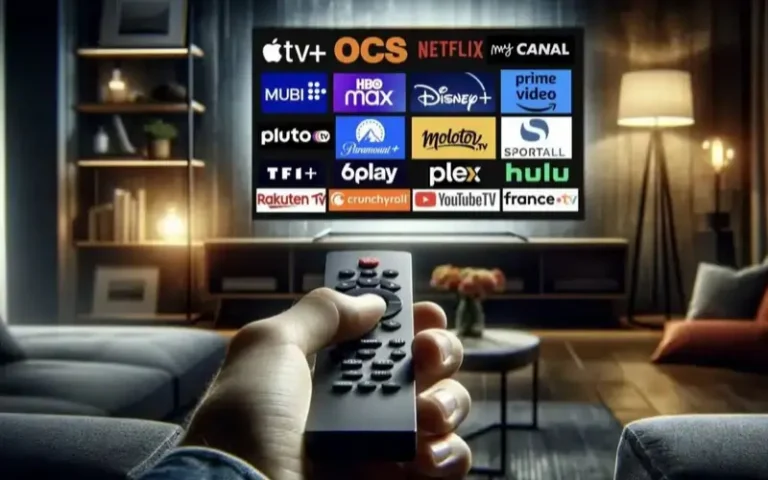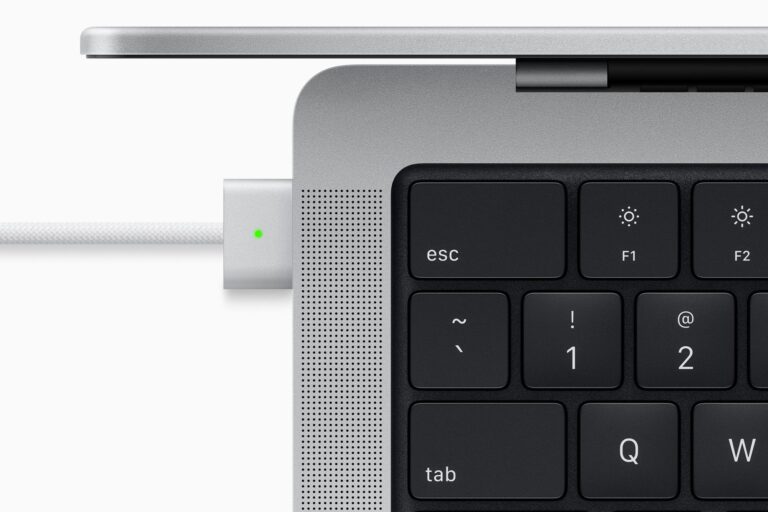INNOVATIONS IN MENSTRUAL HYGIENE MANAGEMENT TO ADDRESS PERIOD POVERTY
INTRODUCTION
In recent years, there has been a growing awareness of the critical issue of period poverty, which affects millions of people globally. Period poverty is defined as a lack of access to period products, basic sanitation, and menstrual health education, which results in substantial economic and social issues. Despite this problem, various innovative solutions to period poverty have evolved in Menstrual Hygiene Management (MHM). These innovations, known as HAGO (Hygiene And Gynecological Offerings), have the potential to transform how we address the challenges faced by period poverty.
THE IMPORTANCE OF MENSTRUAL HYGIENE MANAGEMENT IN PROMOTING HEALTH AND WELL-BEING
Menstrual hygiene management (MHM) is extremely important in improving health and well-being. Menstruation is a natural and necessary part of the reproductive cycle for individuals, and good MHM is critical for their general health. Menstrual hygiene practices that are insufficient or neglected might result in a variety of health issues. Infections such as urinary tract infections and reproductive tract infections might be increased by using filthy materials or not having access to sufficient sanitation facilities. Furthermore, inadequate MHM practices can induce discomfort and worry, affecting a person’s emotional and psychological well-being. We can enable individuals to manage their periods with dignity by supporting comprehensive menstrual hygiene management, which includes access to clean and suitable menstruation products, good sanitation facilities, and menstrual health education.
THE ROLE OF TECHNOLOGY IN IMPROVING MENSTRUAL HYGIENE MANAGEMENT
Technology has had a transformative role in improving menstrual hygiene management (MHM), providing novel solutions to global concerns. The incorporation of technology into MHM has resulted in considerable breakthroughs in terms of accessibility, affordability, and education about menstrual health in recent years. The development and diffusion of mobile applications are some of the key ways that technology has helped the improvement of MHM. Individuals can use menstrual tracking apps to chart their menstrual cycles, anticipate their periods, and track symptoms and emotional trends. These applications not only help users understand their bodies better, but they also function as useful tools for menstrual planning and management.
SUSTAINABLE AND ECO-FRIENDLY MENSTRUAL PRODUCTS AND PRACTICES
Menstrual products and practices that are sustainable and eco-friendly have developed as a revolutionary strategy to address environmental concerns while boosting menstrual hygiene management (MHM) worldwide. Traditional disposable menstrual products, such as pads and tampons, contribute significantly to environmental pollution because they are often non-biodegradable and disintegrate over hundreds of years. In response, unique menstruation products with a focus on sustainability have been developed. Reusable menstrual products, such as menstrual cups and cloth pads, are a more environmentally friendly option because they can be washed, sterilized, and reused for an extended length of time. These goods not only minimize waste but also save money in the long term, making them affordable to people from all walks of life.
THE IMPORTANCE OF MENSTRUAL EDUCATION AND AWARENESS-RAISING
Menstrual education and awareness-raising are critical in breaking down the stigma associated with menstruation and establishing a more inclusive and educated society. Menstruation is a natural biological process that millions of people go through, yet it is typically veiled in shame, stigma, and ignorance. Comprehensive menstruation education is essential for dispelling myths, resolving preconceptions, and normalizing period-related discourse. Individuals can better understand their bodies by receiving correct and age-appropriate knowledge regarding menstrual health, hygiene practices, and reproductive biology. This leads to increased self-confidence and body positivity. Also, menstruation education helps women to make informed decisions about their period hygiene management, including choosing appropriate and sustainable menstrual products that meet their requirements and preferences.
CONCLUSION
A multifaceted approach to menstrual hygiene management (MHM) is required, with affordability, accessibility, sustainability, and dignity as top priorities. Menstruation is a vital part of life for half of the world’s population, and people must have access to the resources and knowledge they need to manage their periods efficiently. A multifaceted strategy entails enacting regulations that provide inexpensive and accessible menstrual products, particularly for individuals experiencing economic hardship or period poverty. It also comprises promoting environmentally friendly menstrual products and practices, as well as lowering the environmental impact of traditional disposables and embracing reusable alternatives. Comprehensive menstrual health education and awareness-raising campaigns are critical for removing the stigma and misunderstanding associated with menstruation.




